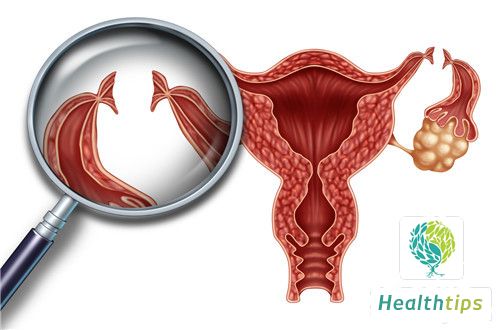What Are the Benefits of Eating Pumpkin Seeds?
Pumpkin seeds are a common snack often enjoyed during casual conversations or leisure time. They are primarily prepared by extracting the seeds from the pumpkin and roasting them. Pumpkin seeds are rich in nutrients and are widely preferred by many. Let's explore the various benefits of pumpkin seeds, including their ability to prevent aging, prevent stones, detoxify, and aid digestion. However, it's essential to be aware of their precautions to avoid any potential harm to the body.

a. Preventing Aging: Nowadays, women place increasing importance on their appearance and use various skincare and cosmetic products to maintain their beauty. Pumpkin seeds have antioxidant properties that can help prevent aging. Therefore, women who value their appearance may consider including pumpkin seeds in their daily diet.
b. Preventing Stones: Many individuals develop stones due to unhealthy daily habits. Pumpkin seeds can effectively prevent the formation of stones. Hence, incorporating pumpkin seeds into your diet can be beneficial for stone prevention.
c. Detoxification: Pumpkin seeds are rich in nutrients like vitamins and pectin, which can absorb toxic substances. Regular consumption of pumpkin seeds can enhance metabolic function and eliminate toxins from the body.
d. Aiding Digestion: Pumpkin seeds are beneficial for intestinal health and can speed up the process of digestion. People with digestive issues may find eating pumpkin seeds helpful in improving their gastrointestinal health.
a. Threat to Liver Health: Consuming excessive amounts of pumpkin seeds can pose a risk to liver health. While small quantities are generally safe, excessive intake may lead to symptoms like nausea and vomiting. This is due to the oily nature of pumpkin seeds, which can be difficult for the liver to process in large quantities.
b. Toxicity Concerns: Research suggests that overconsumption of pumpkin seeds can produce toxicity and interfere with the normal functioning of the liver, increasing its workload. Therefore, individuals with chronic liver conditions like hepatitis or fatty liver disease should avoid eating pumpkin seeds.
c. Abdominal Discomfort: Individuals with stomach heat should also limit their intake of pumpkin seeds to prevent abdominal discomfort such as bloating. Additionally, as roasted pumpkin seeds often contain high levels of salt and calories, excessive consumption may lead to feelings of discomfort or even dizziness.
While pumpkin seeds offer numerous benefits, it's crucial to consume them in moderation to avoid any negative side effects. Pregnant women can also enjoy pumpkin seeds in moderation as they provide essential nutrients that can support the development of the fetus's brain.



















